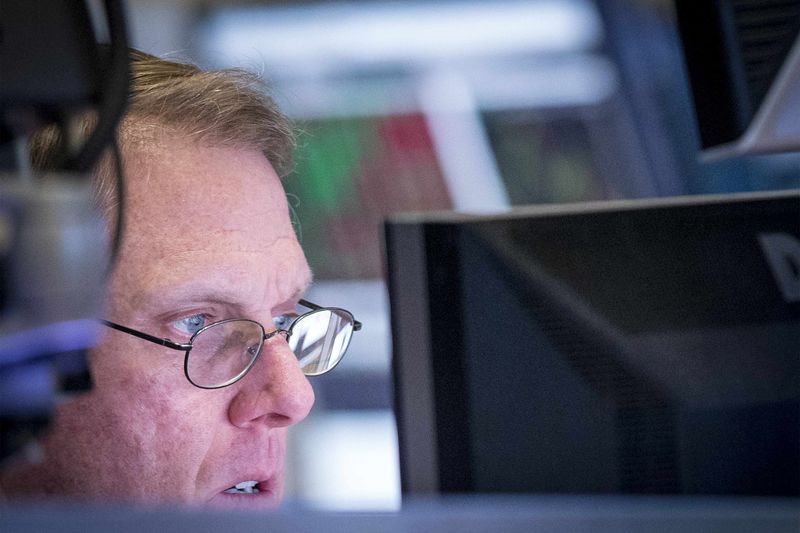By Matt Siegel
SYDNEY, July 15 (Reuters) - France will offer Australia its stealth technology for submarines, never before shared abroad, if it wins a lucrative deal to build Australia's fleet of next-generation submarines, state-controlled French naval contractor DCNS said on Wednesday.
Germany's ThyssenKrupp TKAG.DE and DCNS separately are competing with a Japanese government-led consortium for the A$50 billion ($37.38 billion) contract to replace aging Collins-class subs, the biggest contract in Australian defence history.
Japan, which has had a ban on exporting defence technology since World War Two, had been seen as the front runner for the contract, but political pressures in Australia for domestic production have given fresh momentum to the European bidders.
A spokesman for DCNS said that, while the company had privately informed the Australian government of its willingness to share the stealth technology, it hoped a public acknowledgment would generate good will with the Australian public.
"These technologies are the 'crown jewels' of French submarine design knowhow and have never been offered to any other country," DCNS spokeswoman Jessica Thomas added in an email exchange.
"By the very nature of these stealth technologies and the decision to release them to the Australian government, this is a significant demonstration of the strategic nature of this programme for the French authorities."
Australian Prime Minister Tony Abbott is eager to deepen security ties with Japan, reflecting a U.S. desire for its two allies to take a bigger security role in Asia as China's military might grows. ID:nL3N0WX17A
The United States, hoping to promote Australia-Japan cooperation, is backing the Japanese-built submarine, which is also packed with American surveillance, radar and weapons equipment, sources familiar with Washington's thinking have told Reuters.
A contract to supply a variant of Japan's Soryu-class submarine would give Tokyo its first major overseas arms deal after Prime Minister Shinzo Abe last year eased curbs on military exports, which had isolated defence contractors for seven decades.
But Abbott, facing intense political pressure to secure the thousands of manufacturing jobs that the build would bring, decided to open up bidding to Germany and France. ID:nL3N0WS1Y5
Last month, influential Australian independent Senator Nick Xenophon blasted Japanese defence officials over comments that Australia was incapable of building a version of a high-tech Japanese-designed submarine at home. ID:nL3N0YQ081
A panel comprised of former U.S. Secretary of the Navy Donald Winter, former Australian judge Julie Anne Dodds-Streeton, lawyer Ron Finlay and former BAE Systems BAES.L executive Jim McDowell is overseeing the 10 month bidding process. ID:nL3N0YR1SO ($1 = 1.3376 Australian dollars) (Editing by Edmund Klamann)
